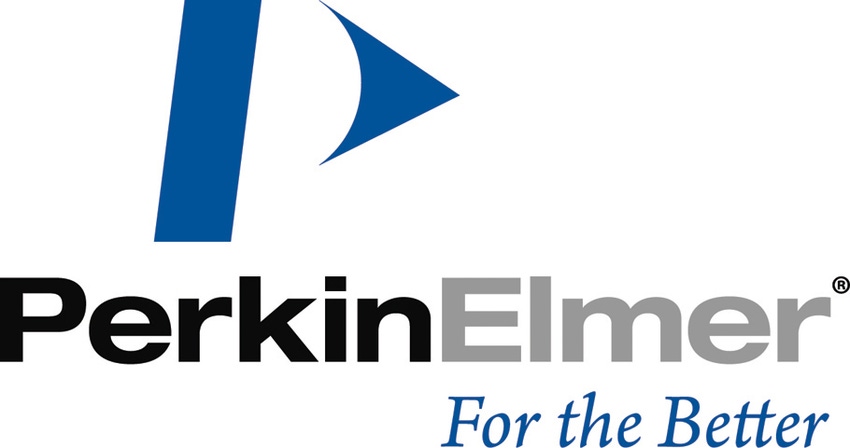PerkinElmer's milk powder analyzer is the only system that tests for unknown adulterants and known compounds, such as protein, moisture and fat content.
November 5, 2013

PerkinElmer Inc., a global leader in improving the health and safety of people and the environment, introduced the DairyGuard™ milk powder analyzer, a near infrared (NIR) spectrometer specifically developed for food suppliers and manufacturers. DairyGuard is the only system available that tests for unknown adulterants as well as known compounds, such as protein, moisture and fat content. Combined with faster preparation and sampling times that yield real-time results, DairyGuard provides heightened protection from supply chain risks to the safety and quality of milk powder.
With growing supply chain complexities and liability for potential recalls, food manufacturers are in need of a turnkey solution to accurately and cost-effectively screen both known and unknown contaminants in milk powder supplies. The DairyGuard analyzer’s preconfigured mathematical models of specific analytical profiles for milk powder—similar to a fingerprint—eliminates the need for upfront instrument configuration. In less than a minute, DairyGuard accurately tells whether a batch is safe to continue into manufacturing or if further analysis is required
“Milk powder has been identified by many agencies as an ingredient with high risk for adulteration, creating a greater need for all food manufacturers to employ a reliable screening method,” said Sharon Palmer, food director, PerkinElmer. “To avoid food safety issues, such as the melamine incident in 2008, food manufacturers have to screen for not only known contaminants like pesticides and drug residues, but also unknown contaminants that might be unsafe substitutions. DairyGuard will give food suppliers greater confidence in their ingredients and help to ensure a safe end product for the consumer.”
“Infrared technologies have become a critical tool in our work to detect clandestine and economic adulteration in dietary supplements,” said James Neal-Kababick, director, Flora Research Labs. “The speed of analysis is unmatched by any other method we use and the ability to do non-destructive testing is essential in our phytoforensic work, especially when very limited sample is available. I consider having an infrared system in the laboratory as fundamental as having a balance. I could not imagine being without one. PerkinElmer technologies, like the infrared system in DairyGuard, have helped us solve some of the most complex cases of food and supplement contamination we have encountered.”
According to a 2010 A.T. Kearney study conducted for the Grocery Manufacturers Association (GMA), the cost of one adulteration incident averages between 2 and 15 percent of a company’s yearly revenues. Investments in the people and technology to ensure streamlined screening protocols are enabling processors and manufacturers to avoid the threats that contamination poses to customers and company reputations.
For more information on dairy analysis and other food safety solutions visit perkinelmer.com/food or stop by our booth at Dairy International, Chicago, Booth #341.

You May Also Like


